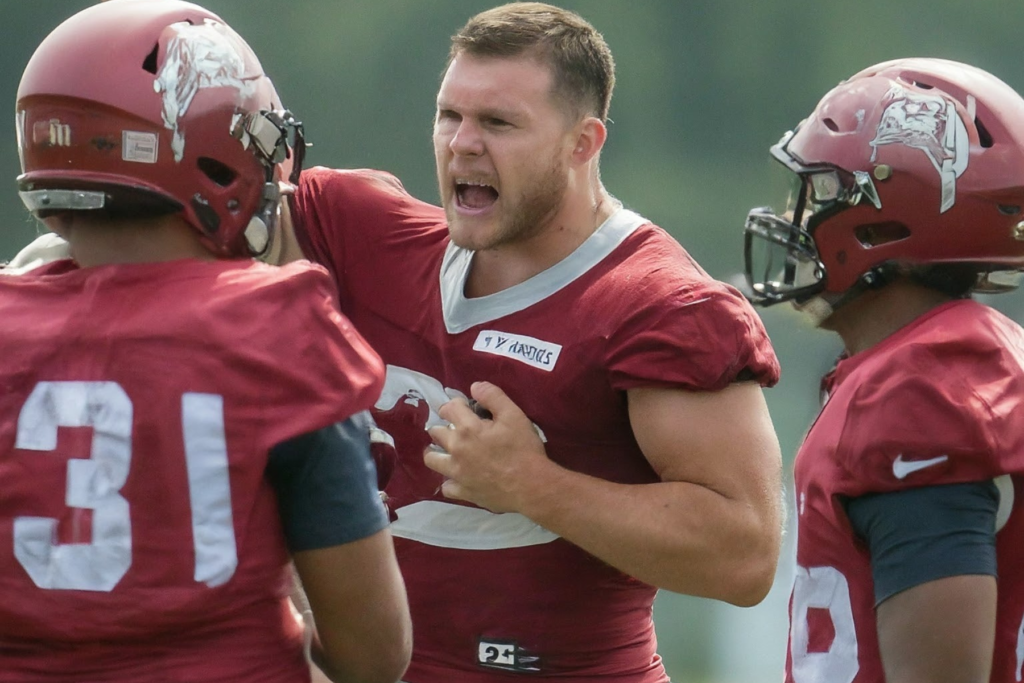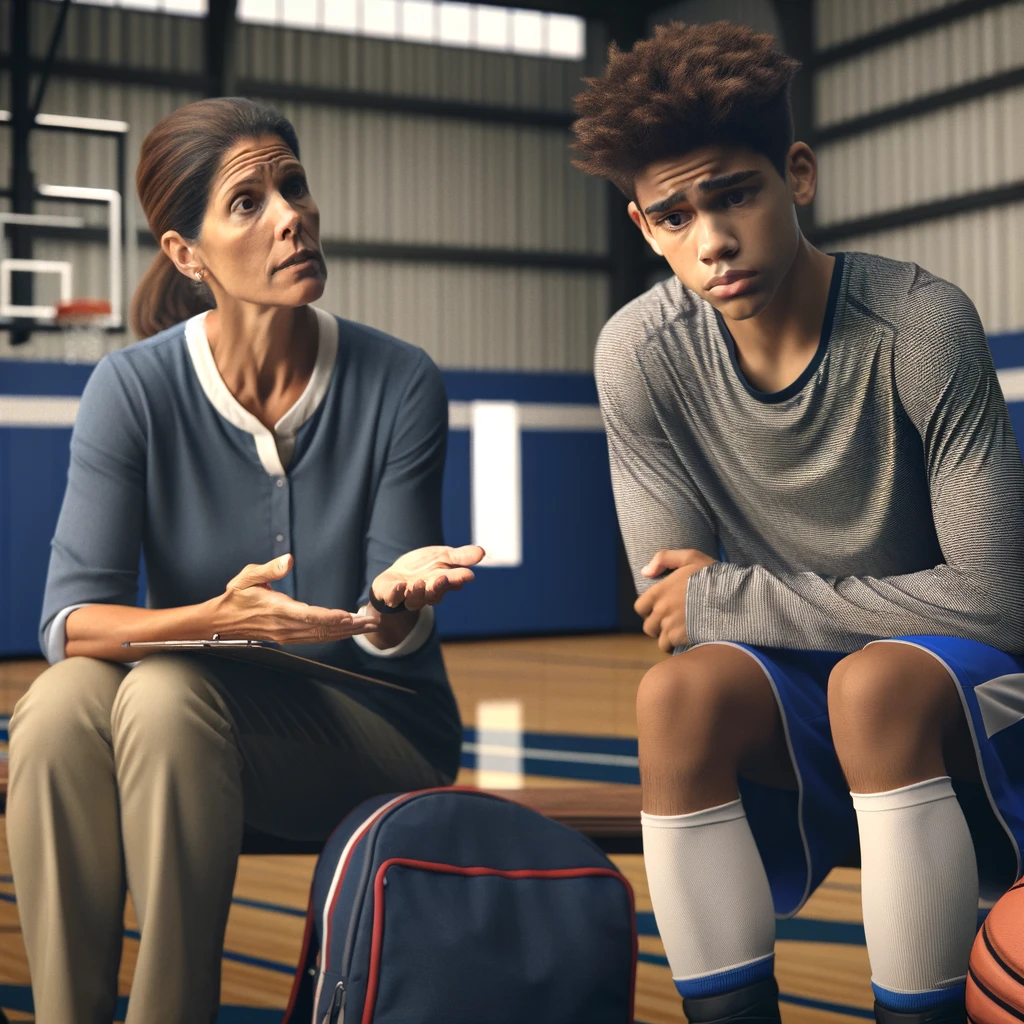In the vibrant world of high school sports, the energy and enthusiasm of young athletes often set the stage for thrilling performances and memorable experiences. However, the journey isn’t always smooth. The attitude of athletes plays a crucial role in shaping these experiences, not just for themselves but also for their coaches, teammates, and parents. While a positive attitude can uplift and energize, negative attitudes can create challenges that extend far beyond the playing field. In this blog, we delve into the intricate dynamics of high school sports, focusing on how negative attitudes of athletes impact the people around them and how these challenges can be effectively managed for a healthier, more positive sports environment.

Understanding Negative Attitudes in High School Athletes
Negative attitudes in athletes can manifest in various forms: lack of enthusiasm, resistance to coaching, or even conflicts with teammates. But what drives a high school athlete to adopt such an attitude? The reasons are multifaceted. For some, the immense pressure to perform and excel can be overwhelming, leading to frustration and negativity. Others might struggle with motivation, especially if they’re not fully invested in the sport. Personal issues, including academic stress and social dynamics, also play a significant role.
Impact on Coaches
Coaches, often the first to confront these negative attitudes, face a tough challenge. An athlete’s negativity can disrupt training routines, affect the coach’s ability to execute strategies, and even undermine their authority. This not only impacts the team’s performance but also takes an emotional and professional toll on the coaches, who may feel responsible yet powerless in these situations.

Consequences for Teammates
The ripple effect of a negative attitude can significantly impact teammates. One athlete’s negativity can lower the team’s morale, creating an environment where stress and tension overshadow the joy of the sport. Teammates may feel demotivated, and in some cases, internal conflicts can arise, leading to a fragmented team. However, it’s also in these challenging moments that the strength of a team is tested. Effective conflict resolution, open communication, and mutual support can turn these hurdles into opportunities for growth and unity.

Effects on Parents
Parents, as silent spectators, often feel the brunt of their child’s negative attitude in sports. Witnessing their child struggle or conflict with others can be stressful and concerning. Additionally, parents may unknowingly contribute to the pressure their child feels, intensifying the negativity. On the flip side, parents can be instrumental in turning things around. By providing support, understanding, and positive reinforcement, they can help their child navigate through tough times and foster a more positive approach to sports and teamwork.
Strategies for Managing Negative Attitudes
For coaches, dealing with negative attitudes requires a balanced approach. It’s crucial to understand the underlying causes of such behavior. Open communication, empathy, and setting clear expectations can be effective first steps. Coaches should also foster a supportive team culture where athletes feel valued and understood.
Teammates can play a significant role too. Peer support, inclusive team activities, and building strong interpersonal relationships within the team can mitigate negativity. Creating a culture where every team member feels responsible for the team’s emotional well-being can be transformative.
Parents can contribute by maintaining open dialogues with their children, understanding their challenges, and avoiding undue pressure regarding their sports performance. Encouraging their child to express their feelings and frustrations, and seeking professional help if necessary, can also be beneficial.

The Role of Positive Psychology in Sports
Positive psychology, focusing on enhancing well-being and optimizing functioning, can play a pivotal role in sports. This approach encourages athletes to focus on their strengths, foster resilience, and maintain a growth mindset. Coaches and parents can integrate principles of positive psychology in their interactions with athletes. Emphasizing effort over outcomes, recognizing improvements, and celebrating small victories can create a more nurturing and positive sporting environment.

Conclusion
Addressing negative attitudes in high school athletes is essential for the well-being of the athletes themselves, as well as for the health of the entire team, including coaches and parents. By understanding the roots of negativity, adopting effective management strategies, and incorporating the principles of positive psychology, the high school sports environment can transform into a more positive, supportive, and rewarding experience. Let’s strive for a change in the high school sports culture, where challenges are met with positivity, resilience, and a collective effort towards improvement and enjoyment of the sport.
